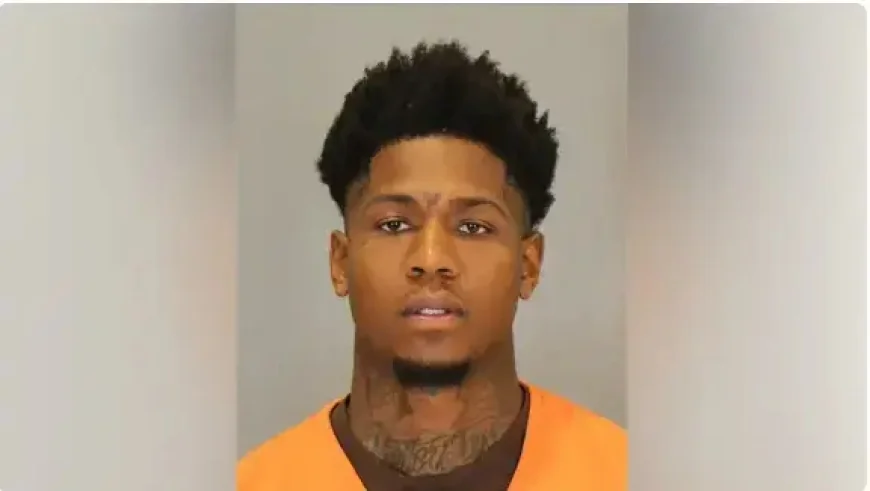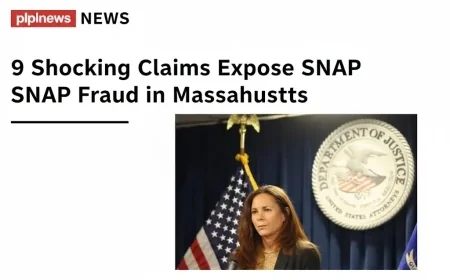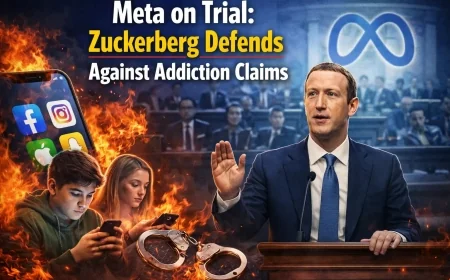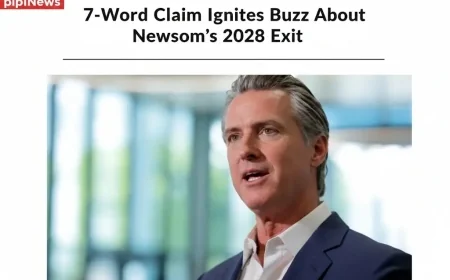The criminal released by Biden was arrested after the shooting, raising fears of more 'missed second chances'
The criminal released by Biden was arrested after the shooting, raising fears of more 'missed second chances'

A Nebraska criminal whose prison sentence was commuted under the Biden administration's clemency initiative is facing gun possession charges related to multiple crimes, sparking scrutiny over whether reform efforts have come at the expense of public safety.
Federal prosecutors say 31-year-old Khayre Holbert, who had served nearly seven years of a 20-year federal sentence for gun and drug offenses, was arrested on October 4 following a shooting in Omaha's Old Market district.
Investigators allege that Holbert discharged a loaded pistol equipped with a high-capacity magazine as officers approached, which was later linked to several other violent crimes in Nebraska.
Holbert's sentence was commuted to life in January 2025, despite objections from the U.S. Attorney's Office, which warned of his gang ties, lengthy criminal record, and prior convictions in weapons-related cases. Months later, he's accused of reoffending, and his case has once again put former President Joe Biden's clemency program in the national spotlight.
Law enforcement groups have echoed these concerns. The Omaha Police Officers Association strongly criticized the decision to release Holbert, calling him "no stranger to the law," while Attorney General Pamela Bondi called the case a "failure to hold criminals accountable."
For Michael Rushford, founder and president of the Criminal Justice Legal Foundation, Holbert's arrest is more than a tragedy. It's a warning.
"I don’t think you can delegate clemency," Rushford told Fox News Digital. "It was never intended that a president delegate that authority. I think what we saw were clemencies being granted without the president’s direct knowledge. Why would he sign off on 31 drug dealers? Why would you sign off on a murderer?"
Rushford said cases like Holbert’s reflect a failure in judgment and vetting during Biden’s final year in office.
"With drug traffickers, especially those already convicted, this isn’t their first party. It’s hard to get into federal prison," he said. "When you let one go, you have to realize he’s going to go out and commit more crimes. The likelihood is very high. That doesn’t make sense to me."
He questioned whether Biden’s Justice Department properly reviewed who was being released.
"You have to look and see if there was a real injustice in the case," Rushford said. "With the Biden administration, I’m not sure that was done. The Justice Department under him was not really interested in fighting crime."
The concern extends beyond Nebraska. In March 2025, authorities in Alabama arrested Willie Frank Peterson, another Biden clemency recipient, on new drug- and gun-related charges, just months after his release.
According to a federal complaint, Peterson, who had served more than a decade of a 20-year sentence, was caught with cocaine, meth and a loaded handgun. His sentence was also commuted in Biden’s Jan. 17, 2025 clemency wave, which freed 2,490 inmates, mostly for drug and gun offenses, according to the DOJ Office of the Pardon Attorney.
Rushford said that by the time offenders reach federal prison, most have already exhausted their "second chances."
"It’s hard to get into federal prison," he explained. "You don’t just commit one crime and go, unless it’s murder. Second chances have been overblown. By the time you get somebody who’s got three or four convictions, the second chances are over."
He said clemency should be narrowly used to correct genuine injustices and not as a political gesture.
"It’s got to be a very specific process evaluating who’s in there," Rushford said. "If there was an injustice, fine. But it shouldn’t be for political allies or people who gave you money. And I think that was happening under Biden."
"The people approving these releases," he added, "weren’t interested in protecting the public from criminals."
Rushford said he expects the current administration to restore integrity to the clemency process.
"I don’t see the kind of straight criminals being let loose like Biden had done," he said. "I hope the Trump Justice Department raises the integrity level and makes sure we’re not letting out hardened criminals and drug traffickers."
"The president we have now knows what’s going on," Rushford added. "He has a Justice Department that’s very engaged in fighting crime and reducing drug trafficking. It’s a different regime making those decisions."
Beyond clemency, Rushford blames a broader political climate that he says favors offenders over victims.
"The defund-the-police movement was an admission that they didn’t want to protect the public – that their sympathies were with criminals," he said. "There’s a large segment of the political environment that doesn’t agree criminals belong in prison."
Rushford added that some major cities still have mayors and governors that think counselors will solve the problem.
"We still have mayors and governors in big cities that think we should send counselors to talk to criminals who are beating their wives with a broom handle — and that’s ridiculous," he said. "You need police officers to go in there and take that guy out and arrest him."
Rushford said that attitude, combined with policies allowing repeat offenders back onto the streets, has eroded public trust and endangered communities.
Rushford believes real reform only comes after tragedy.
"The last time around, one of the big triggers was Polly Klaas," he said. "When they found the repeat offender who kidnapped and killed her, everybody said, ‘We’ve got to stop this.’ I hate to say this, but I think it's going to be one of those horrible cases before the country wakes up."
The 1993 murder of 12-year-old Polly Klaas, kidnapped from a sleepover in Petaluma, California, by a repeat offender, led to California’s "three-strikes" law and remains one of the state’s most infamous cases.
Rushford also cited recent tragedies involving repeat offenders, including Brianna Kupfer, a 24-year-old UCLA graduate student fatally stabbed while working in a Hancock Park furniture store by a man with a lengthy record, and Iryna Zarutska, a woman who was murdered on a North Carolina train, allegedly by an ex-convict with a lengthy criminal history.
Rushford said these cases show "what happens when repeat offenders keep getting another chance."
He believes the tide is turning but says it won’t happen fast.
"It didn’t come this way overnight, and it’s going to take a while to get rid of it," Rushford said. "People who are victimized by these repeat offenders, they're not going to be comforted by the fact that in 20 years, we're going to get this straightened out."
With two clemency recipients, in Nebraska and Alabama, now back in custody, Rushford said the question isn’t whether mercy has a place in justice, but whether the system can survive when mercy replaces accountability.
"Second chances sound good," Rushford said. "But you have to earn them. You don’t just get them because a politician wants to look compassionate."
What's Your Reaction?
 Like
0
Like
0
 Dislike
0
Dislike
0
 Love
0
Love
0
 Funny
0
Funny
0
 Angry
0
Angry
0
 Sad
0
Sad
0
 Wow
0
Wow
0










































